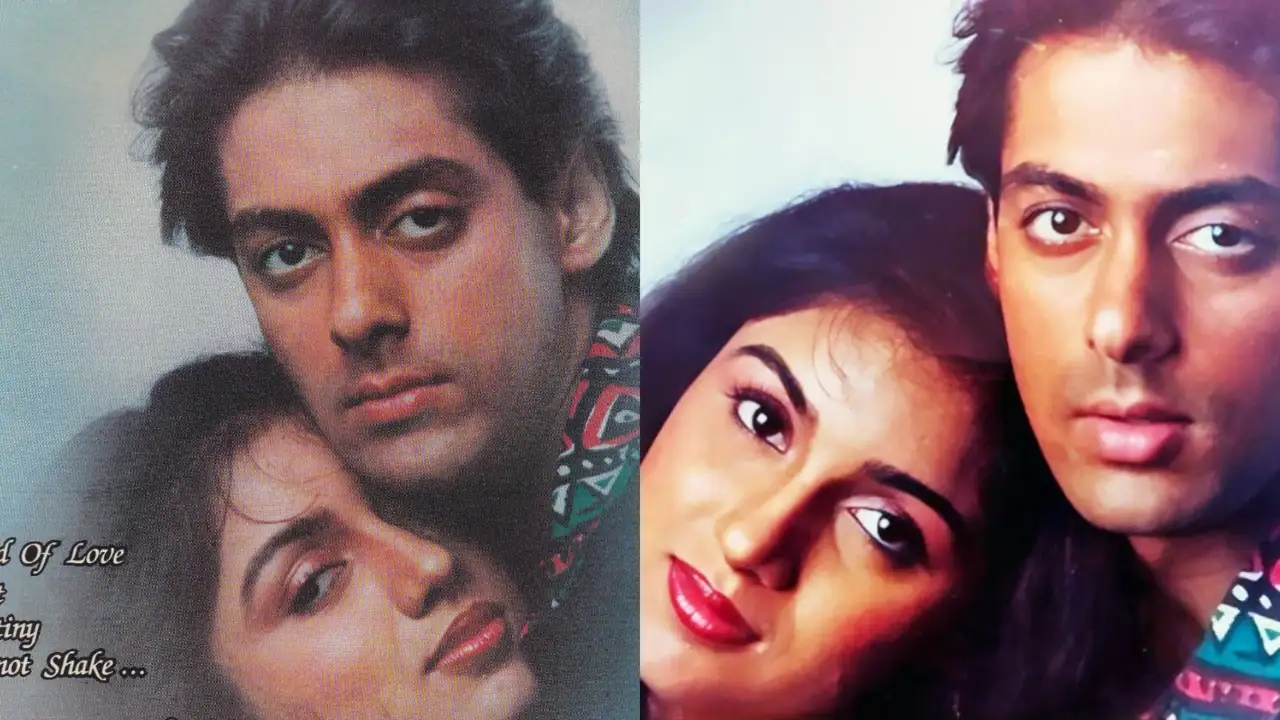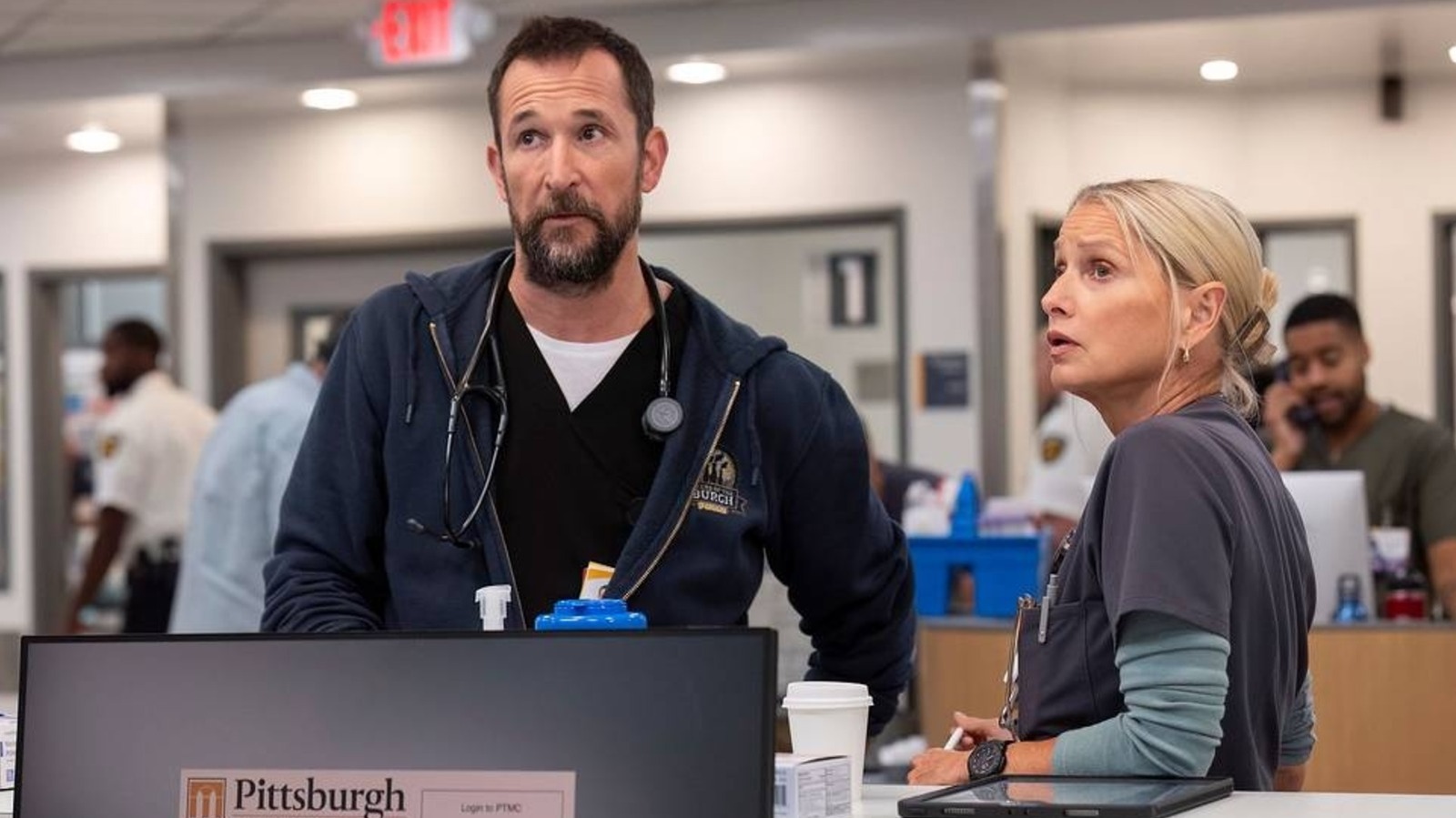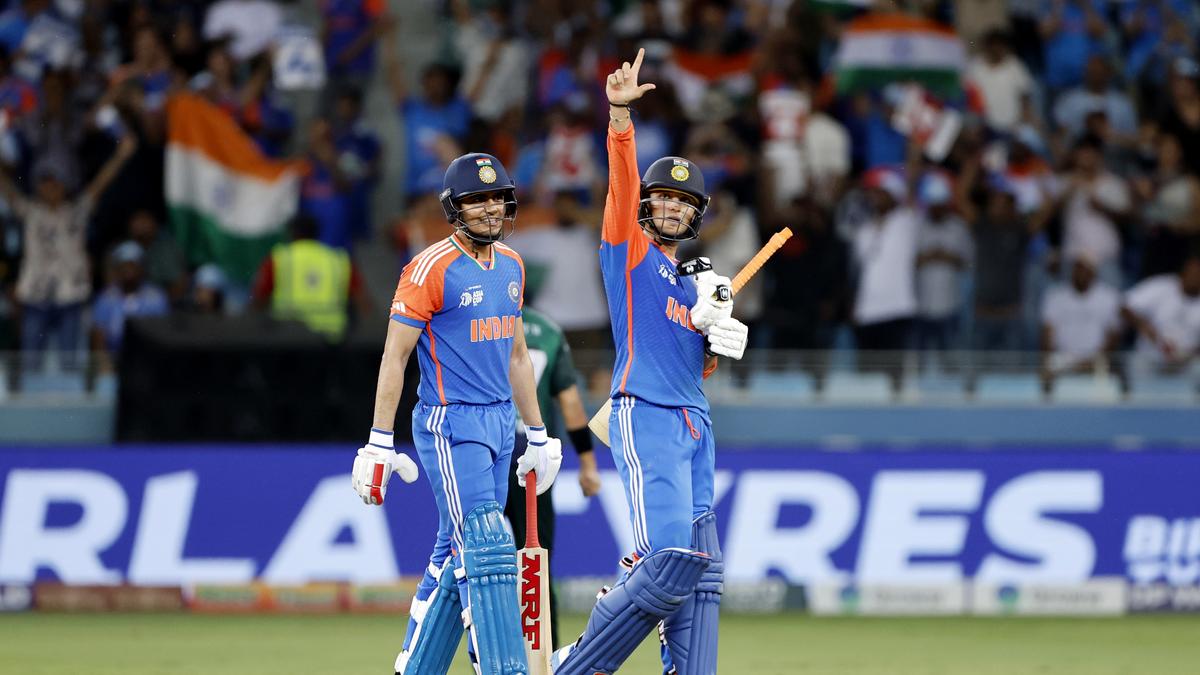By Kusumika Das
Copyright timesnownews

I recently finished watching Salman Khan and Revathi’s superhit film Love (1991), and I’m left with a mix of emotions – confusion, a little rage, and a serious questioning of what the film considers “love.” On the surface, it seems like a sweet, innocent romance, but beneath all the songs, tears, and rain-soaked moments, the story is filled with cliches and troubling tropes that are hard to digest today. Watching it now, I kept asking myself: why did it resonate so much back then, and would it even make sense to modern audience? The film tells a simple story: a wealthy young woman (Revathi) falls for a brooding, impulsive man (Salman), whose anger issues and aimless life seem impossible to fix. Yet, she stays patient, waits for him through every obstacle, and works tirelessly to “change” him. This was a formula audiences adored in the early ’90s. The charm lay in Salman’s dual persona – the innocent boy-next-door and the angry, rebellious man. His aura felt raw and magnetic, a mix of sweetness and danger that was irresistible at the time. Revathi’s simplicity added to the appeal. Unlike the glamorous heroines of the era, she was grounded and relatable, which created a sense of emotional realism in a melodramatic setting. Before diving into these problematic aspects, it’s important to acknowledge that the film does try to portray “grand romance” in the way audiences of the ’90s adored, like sweeping gestures, emotional intensity, and visually striking sequences. Yet, beneath this cinematic gloss, some choices feel deeply outdated and, at times, frustrating from a modern viewpoint. Problematic tropes that didn’t age well One of the most glaring examples of outdated storytelling is the cemetery scene. Revathi’s character waits all day in the rain for Salman, who forgets to come until nightfall. She’s soaked, shivering, and exhausted, yet when he finally shows up, she smiles and says she’s not angry. The sheer tolerance and blind devotion displayed here—waiting endlessly, forgiving easily, and prioritising the hero’s whims over her own comfort – feels impossible to root for today. Similarly, the story repeatedly places the heroine in the position of “fixing” the hero. Salman’s character is reckless, aimless, and emotionally immature, but Revathi is expected to be patient, understanding, and unwavering. She bears the weight of the relationship while he drifts through life, singing and roaming without ambition or responsibility. What barely worked? However, the film also presents a slightly fresh twist for its time: the wealthy mother, not father, serves as the antagonist. While fathers were traditionally the strict authority figures in romances of that era, here, the mother obstructs the love story. That subversion momentarily satisfies a Gen Z sense of novelty – finally, someone other than the usual patriarch is creating drama. And then there’s the emotional twist of Revathi’s sudden health scare. The tragic illness adds a layer of pathos that was often the hallmark of romantic hits. Audiences of that time were deeply invested in melodrama, so these plot devices – illness, parental conflict, and emotional sacrifice worked beautifully. Yet, while these elements explain the film’s success back then, Love doesn’t hold up by modern standards. Today’s audiences want love stories grounded in realism. The hero cannot drift aimlessly; he needs ambition, direction, and personal growth. Even in films like Rocky Aur Rani Kii Prem Kahaani (2023), which is filled with drama and grandeur, the male lead comes from a responsible, business-oriented family. Women in contemporary cinema are also far stronger. Characters like Alia Bhatt’s Rani, Vidya Bagchi in Kahaani, or Geet in Jab We Met are independent, have clear goals, and drive the narrative. Revathi’s role in Love, by contrast, is mostly reactive, defined by patience, care, and sacrifice, which feels outdated today. Would Love work today? Moreover, the glorification of blind devotion and the idea that love can “fix” an immature man is increasingly seen as toxic. I, as a Gen Z, am less tolerant of narratives that encourage women to endure negligence, emotional instability, or reckless behaviour for the sake of romance. The story also fails to provide a convincing context for the couple’s relationship beyond melodrama. There is no shared growth, no partnership in ambitions, and no realistic depiction of adult life together. Even with its shortcomings, some aspects of Love retain nostalgic charm. Salman’s early screen presence – both innocent and edgy – still holds appeal. The songs and dramatic sequences offer a taste of ’90s Bollywood escapism, which can be entertaining for those who grew up in that era. The health issue and parental conflict, though melodramatic, provide emotional peaks that were effective in hooking audiences. However, charm and nostalgia alone would not make the film a hit today. Modern viewers demand more than star appeal and tears; they want relatable characters, equitable relationships, and stories that reflect contemporary social and emotional realities. In the end, watching Love makes it clear why the film was a hit in its time, but also why it would struggle now. The narrative glorifies outdated gender roles, celebrates blind devotion. The music worked as a breather in an otherwise overdramatic movie. However, the story itself is no longer timeless. It serves as a reminder of Bollywood’s past and a marker of how far our expectations of love, agency, and storytelling have evolved.



